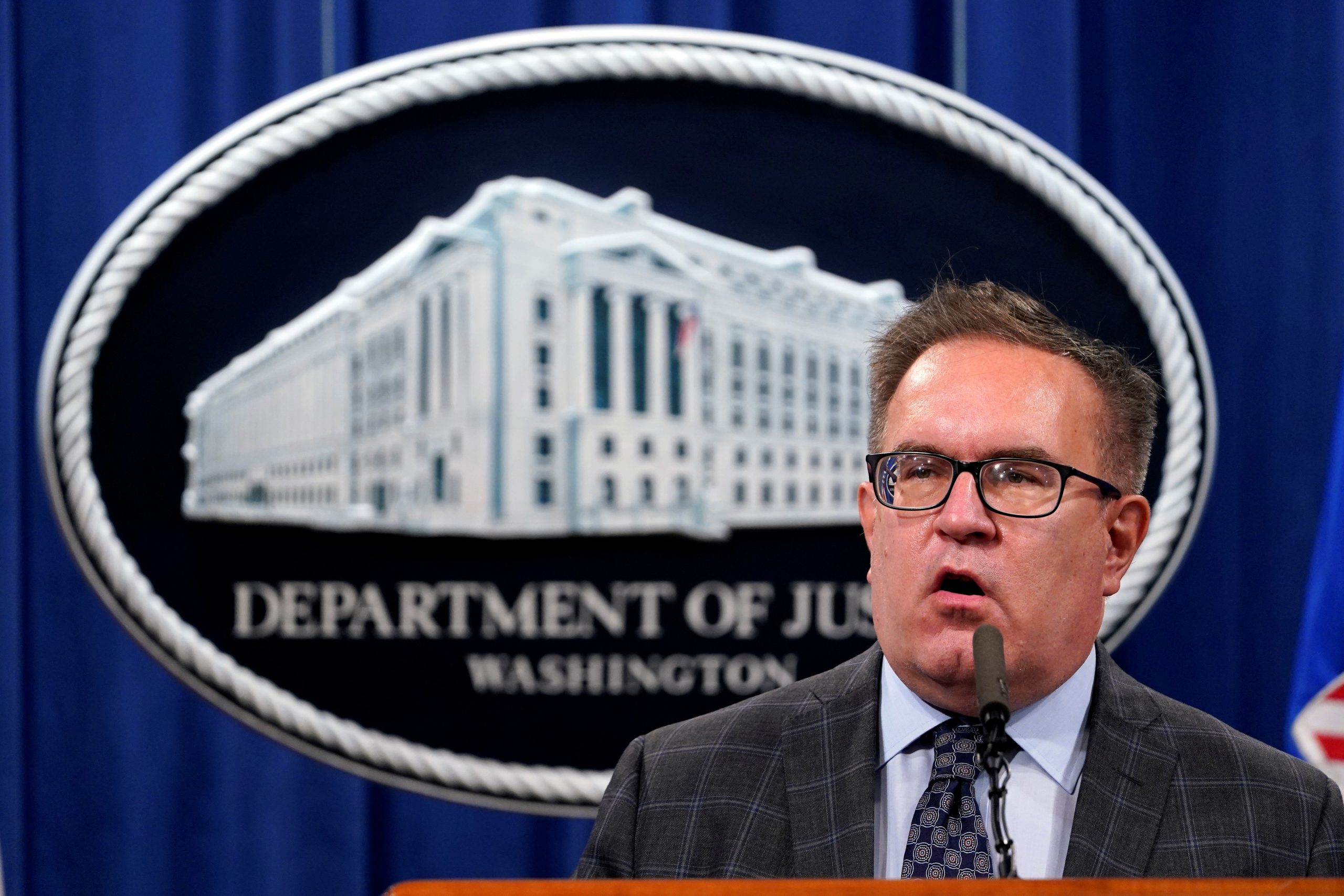The head of the U.S. Environmental Protection Agency (EPA) on Monday questioned California Governor Gavin Newsom’s plan to require all new passenger vehicle sales in 2035 be zero-emission models, according to a letter seen by Reuters.
EPA Administrator Andrew Wheeler said the plan “raises serious questions regarding its legality and practicality” and said it could cause problems for the state’s electrical grid.
He also declared the move could be subject to federal approval, saying it “may require California to request a waiver to U.S. EPA.”
The EPA in 2019 issued rules barring California from requiring the sale of electric vehicles; a court challenge is pending.
Wheeler’s exchange with Democratic-led California comes as Republican President Donald Trump seeks to win votes in Midwestern auto manufacturing states in the Nov. 3 presidential contest.
California’s 2035 clean car move, the most significant yet by a U.S. state aimed at ending the use of gasoline-burning internal combustion engines, clashes with Trump’s pro-fossil fuel policies.
California accounts for about 11% of all U.S. vehicle sales, and many states adopt its green vehicle mandates.
The California Air Resources Board (CARB) must write binding regulations to implement the 2035 goal.
Newsom did not immediately comment.
In the letter, Wheeler held up the state’s recent rolling blackouts as evidence that its power grid could not support the ambitious plan, which would require millions more cars to run on electricity.
“California’s record of rolling blackouts – unprecedented in size and scope – coupled with recent requests to neighboring states for power begs the question of how you expect to run an electric car fleet that will come with significant increases in electricity demand, when you can’t even keep the lights on today,” Wheeler wrote.
California on two days last month imposed rolling blackouts on about 400,000 customers during an oppressive heat wave.
The state’s grid operator blamed outages on a gas plant suddenly dropping offline, low wind power and a lack of imported electricity from other states due to scorching temperatures across the West.
(Reporting by David Shepardson; editing by Jonathan Oatis and David Gregorio)

























 Continue with Google
Continue with Google